Restorative Justice
Restorative Justice seeks to repair the harm caused by crime through the facilitation of respectful dialogues between victims and those responsible for harm.
Restorative Justice is a philosophy that views crime as a violation of relationships and recognizes that crime hurts individuals and communities. It creates opportunities for accountability, understanding, problem solving and healing.
Restorative Justice seeks to repair the harm caused by crime through the facilitation of respectful dialogues between victims and those responsible for harm.
Surrey Restorative Justice Program
The Surrey Restorative Justice Program:
- supports youth by encouraging them to understand the effects of the harm they have done and provides them with opportunities to make amends;
- focuses on restoration and healing for victims by giving them a voice and addressing their needs; and
- provides alternatives to youth involvement in the formal court process of the criminal justice system by way of extra-judicial measures.
Services
- Restorative Justice Circle - Face to face meeting where impacted parties meet and discuss how they have been impacted by an event and create a plan for resolution.
- Restorative Resolution Meeting - Committee style meeting where youth meet with a restorative justice coordinator to discuss the harm related to their actions and a plan for resolution.
- Safe Driver Dialogue Circle - An educational and reflective process in lieu of traditional consequences for unsafe driving, that includes a dialogue circle and volunteer service. Participants will gain insight into their beliefs about driving, and gain a better understanding of how traffic violations impact others.
- Surrey Police Service (SPS) Consultation - Staff is available to SPS members to consult with them on appropriate files.
Program eligibility
The Surrey Restorative Justice Program is open to young people between the ages of 12-25 years old, who:
- have caused harm to another person, property or community through their behavior;
- acknowledge their involvement in a crime or conflict;
- consent to participate in a restorative justice process; and
- have no previous convictions or charges.
Harmed parties can be from any age demographic. All referrals are made by SPS.
Benefits of Restorative Justice
Victims of crime or conflict have an opportunity to:
- discuss the personal impact an incident has had on them;
- gain a greater understanding of the incident;
- actively participate in a process of determining appropriate reparation; and
- obtain resolution and closure.
Youth who have caused harm have an opportunity to:
- take responsibility for their actions within the community;
- participate in developing a fair and reasonable agreement with those who were harmed;
- repair harm and make things right with the help of a supportive community; and
- avoid a lengthy court process and criminal record.
For the community, the program provides:
- a more expedient and cost effective alternative to court;
- an opportunity for community involvement and active participation in the judicial process;
- a greater sense of justice defined by accountability, understanding and healing; and
- an opportunity to build stronger and safer communities.
